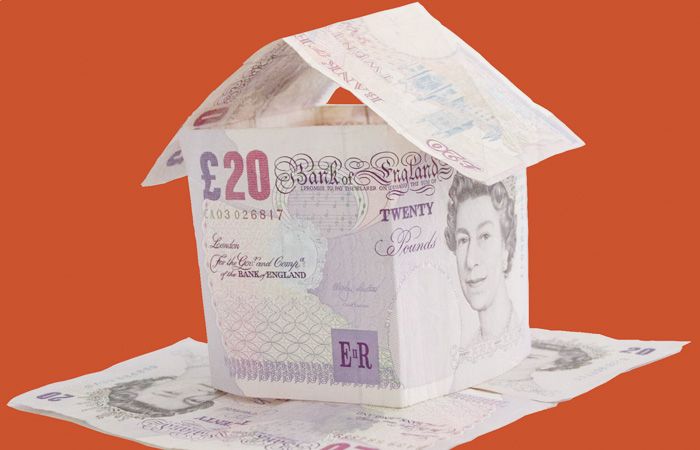
A third of mortgage holders expect to still have outstanding debt on their home loan by the time they retire.
These figures —contained in the latest LV= Wealth and Wellbeing research — show that this is a far larger proportion of homeowners when compared to current trends.
Among those who have retired just over one in 10 said they still had mortgage debt at retirement. LV= said that 9% of these respondents had an outstanding repayment mortgage while 4% still had an interest-only loan.
More than half (56%) of those in this position said they had used their pension to pay off the outstanding balance, leaving them with smaller retirement savings as a result.
A further 5% said they had downsized to clear their mortgage; 6% said they continued working to service the loan, while 5% had taken out an equity release plan. LV= said that only 4% of these borrowers had spoken to an adviser about how to clear mortgage debt at retirement.
However many younger homeowners are concerned about their ability to repay this debt. As LV= points out due to property price inflation and longer mortgage terms they are more likely to find themselves with larger sums to repay at retirement.
The survey found while 33% did not expect to pay off their mortgage until after the age of 65, 44% said they expected to pay off their home loan between the ages of 55 and 64, while 24% expected to repay it before that.
The survey found that 40% of working-age homeowners were worried that this mortgage debt would mean they won’t be able to retire when they want to, while 34% were concerned that they might run out of money later in retirement. Around 17% said they were worried about how they would continue to pay a mortgage after they retire from work.
Overall the research found that people across the UK were far more negative about the outlook for the finances given rising inflation and the cost of living crisis. LV= says these indices for measuring wealth and wellbeing were now more negative than they were at the peak of Covid. It says consumers across all demographics are feeling the pressure of increased outgoings, including rising interest rates. At the same time income remains relatively flat meaning there is little to offset consumers’ increased living expenses.



